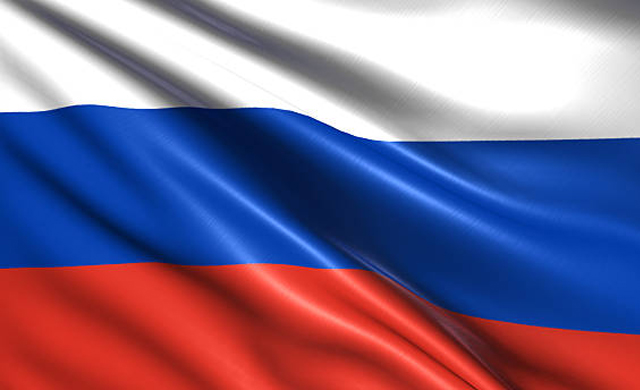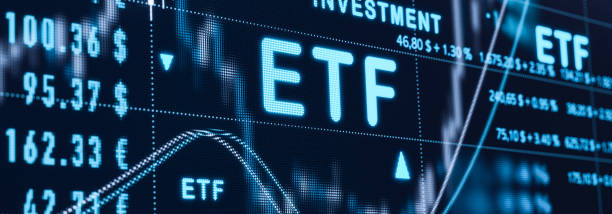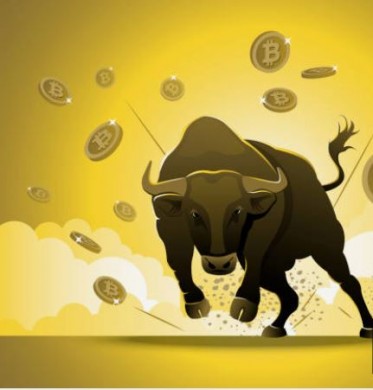Despite geopolitical tensions, risk-on is back on the market: equities rally, while defensive assets such as Treasuries and the Japanese yen suffer significant declines. At the same time, financial markets have continued to position themselves in favor of tighter monetary policy and, as a result, bond yields have soared, especially in the US.

The dynamics of the 10-year and 2-year Treasury yield curve indicate it could soon invert, a reliable sign of an impending recession. Two measures of the US Treasury yield curve have moved in opposite directions. The last time the 3-month/10-year curve flipped was in February 2020. A month later, the Fed cut the benchmark overnight lending rate to near zero as the coronavirus pandemic wreaked economic havoc around the world.
As far as the commodities market is concerned, Russia will refuse to accept payments for natural gas supplies in committed currencies, including dollars and euros. A transparent payment procedure will be available to all foreign consumers, including the purchase of rubles on the Russian domestic foreign exchange market. The Bank of Russia and the Government will determine the procedure for transactions within one week.
It should be noted that the list of “hostile countries” includes 4 of the 5 largest importers of Russian gas – Germany, Italy, Austria, and France. The “unfriendly countries” accounted for $43 billion of Gazprom’s $54.2 billion pipeline gas sales in 2021. A German spokesman called Russia’s decision a “violation of treaties” and said the country would discuss further measures with its European partners. Austrian energy company OMV, Gazprom’s former partner in the Nord Stream 2 project, plans to continue paying for gas supplies in euros.
Speaking of the economic outlook, IMF expects global GDP to continue to grow this year without slipping into recession. It estimates that countries whose economies have recovered quickly from the effects of the pandemic “are in a stronger position to cope with the consequences of this shock” and are more likely to have higher economic growth rates. At the same time, countries that have not yet been able to overcome the crisis caused by the pandemic “will suffer even more” and could face recession.
In its January report, the IMF worsened its forecast for global GDP growth this year by 0.5 percentage points (p.p.) from its October estimate. The Fund’s analysts thought that this year’s global GDP growth rate would be 4.4%, while in the October forecast this indicator was 4.9%. In 2023, the IMF expected growth of 3.8%.


 Hot Features
Hot Features













